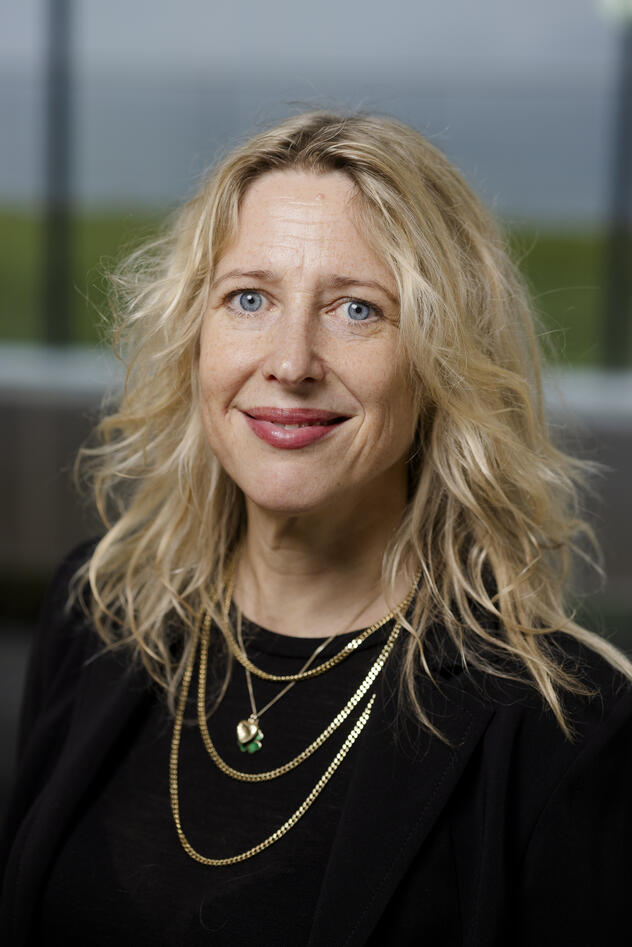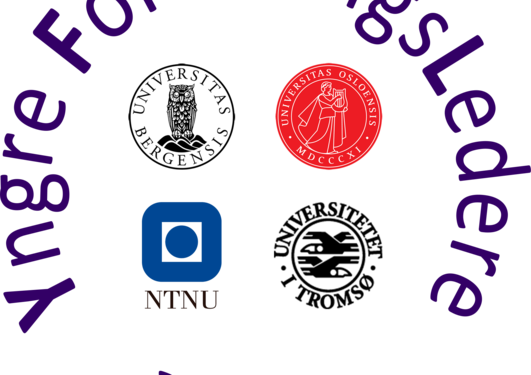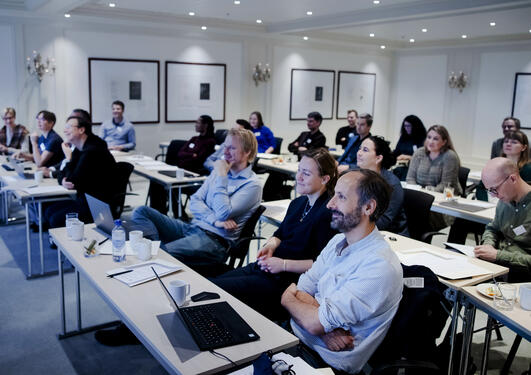Carmen Simonsen
Carmen Simonsen, førsteamanuensis, Universitetet i Oslo
Main content
- Psychotic disorders
- Bipolar disorders
- Recovery
- Stigma
- Lived experience
Research interests: As a clinical psychologist and researcher my motivation is to contribute to more people with psychosis and bipolar disorder achieving a good life. People with psychotic and bipolar disorders are concerned with their chances of recovery. Unfortunately, they are often faced with pessimism and stigmatising attitudes, leading to lack of hope and poor outcome. I am therefore eager to generate more balanced knowledge about recovery, wellbeing and stigma in this group, and to use this to develop recovery-oriented services that increase chances for a good life. Research suggests that peer support workers promote recovery and reduce stigma; thus, represent an unused resource in a pressured health service. People with lived experience are therefore an integrated part of my research activity.
The goal is to promote recovery and reduce stigma with two main research aims:
Firstly, to extend knowledge about and the understanding of long-term recovery in psychotic and bipolar disorders to include subjective experience of positive mental health (personal recovery and subjective wellbeing) in addition to objectively rated absence of mental illness (clinical recovery). Moreover, increase knowledge about personal stigma (perceived, experienced and internalised) and its consequences for recovery and wellbeing. To do this my research group addresses; the prevalence of recovery, wellbeing and stigma over time; their relationship and predictors; how these findings vary across psychotic and bipolar disorders; and what consequences they have for clinical assessment and treatment. This research has primarily been carried out within the long-term follow-up TOP study and TIPS study. However, we have also investigated how the corona outbreak affected mental health and wellbeing in people with psychotic and bipolar disorders in the COPE psychosis-bipolar study.
Secondly, we aim to use this knowledge to develop anti-stigma and recovery-oriented interventions that both indirectly (via attitudes) and directly (via treatment goals) reduce personal stigma and increase positive mental health. Moreover, investigate the effect of employing peer researchers and peer support workers. In this vein, we have adapted the HOP program (Honest Open Proud) to Norwegian context (HÅP kurset: Hvordan håndtere Åpenhet om Psykisk lidelse). The aim is to help people with psychosis and bipolar disorder reduce internalised stigma and handle dilemma and decisions regarding disclosure, including facilitators with lived experience. We are about to test the Norwegian version in a pilot randomized controlled trial Åpen om psykose- og bipolar lidelse: Bruker til bruker - Oslo universitetssykehus (oslo-universitetssykehus.no).
Contact information: c.e.simonsen@psykologi.uio.no


